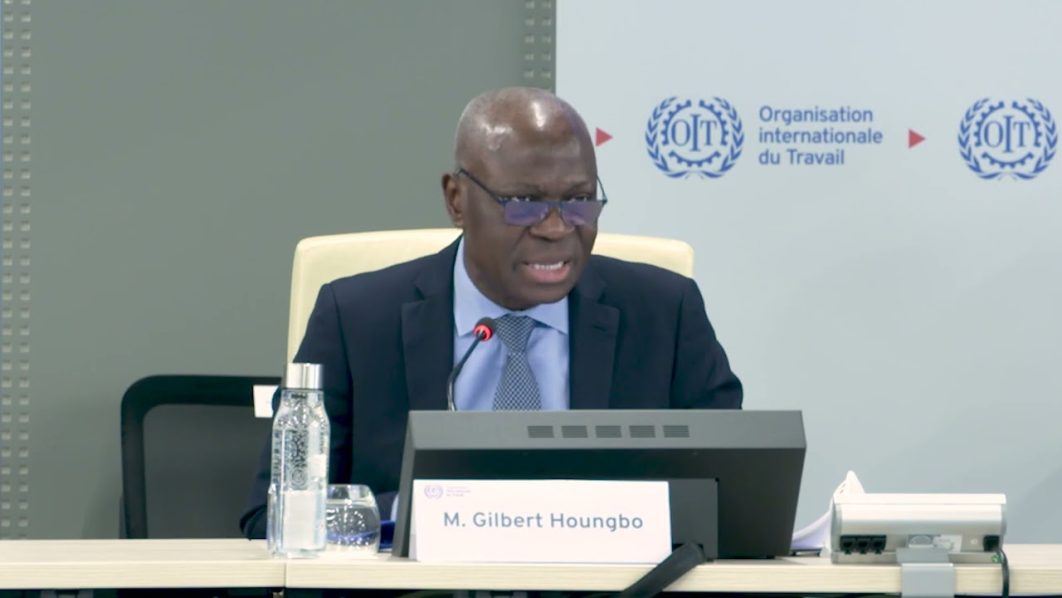
Although the global labour markets have made significant progress, with unemployment rates at historically low levels, improved job quality, and increased formal employment, persistent inequalities remain a challenge.
The Director General of the International Labour Organisation (ILO), Gilbert Houngbo, who stated this at the second Global Labour Market Conference (GLMC) in Riyadh, Saudi Arabia, explained that the positive developments that have been recorded underscore the resilience of the world of work and the effectiveness of policies aimed at fostering economic growth and stability.
However, the ILO chief noted that overcoming the obstinate inequalities requires urgent action to ensure that the benefits of the progress are shared equitably.
In his address to the conference, Houngbo emphasized the need to advance social justice through decent work.He highlighted the importance of addressing challenges facing the global labour market, including rising unemployment among young people, persistent decent work deficits, and the disproportionate impact of these issues on women, youth, and other vulnerable populations.
Houngbo noted that digitalization, climate action, just transition efforts, and demographic changes are fundamentally reshaping the world of work, creating both opportunities and challenges.He also underscored the compounded pressures of global crises, such as armed conflicts, extreme weather events, and political instability, on jobs and livelihoods.
“It is important that we address ways to foster an inclusive labour market that works for all people, based on decent work and social justice principles,” Houngbo said in his address. “We must act collectively and be ready to learn from each other. There is no single recipe; there is no magic bullet,” he said while insisting that prioritizing structural improvements to labour markets is key.
Houngbo identified investing in education and skills training to meet the evolving demands of AI-driven industries and the green economy as key.
The Director-General also stressed the need to work collectively toward fostering equitable access to opportunities, building effective social protection systems, and ensuring that efforts to achieve sustainable and just transitions are inclusive.
He further highlighted the significance of social dialogue as an essential mechanism for addressing labour market challenges, noting the importance of collaboration among governments, employers, and worker representatives.
He urged conference participants to engage with the Global Coalition for Social Justice, an ILO-led platform aimed at facilitating international cooperation and concrete actions to strengthen social justice globally.
Houngbo commended the government of Saudi Arabia for hosting the GLMC and fostering international dialogue on the future of work, adding, “It is through initiatives like this that we can advance our collective goal of realising decent work and social justice.”






